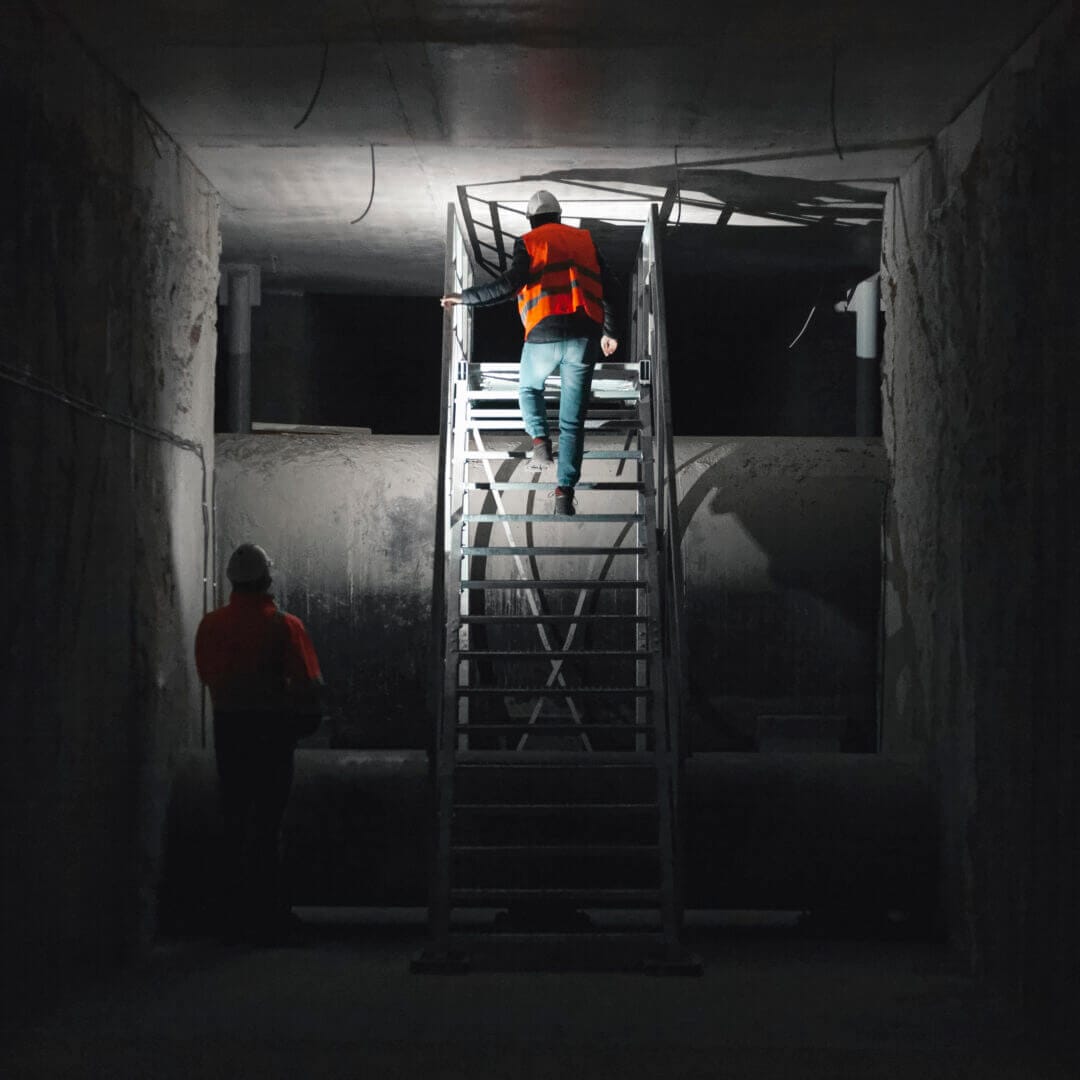The heartbeat of the real estate industry is the value of the properties it houses. For investors, property managers, and business owners, the consistent challenge is not just acquiring commercial real estate but also ensuring that it steadily accrues and retains its value. One often-overlooked but powerful tool in this pursuit is the commercial property inspection. This comprehensive guide explores the role that thorough commercial inspections can play in boosting the worth of your property investment.
Understanding Commercial Property Inspections
Commercial property inspections are in-depth evaluations of the physical condition of a property’s structural and mechanical systems. They are pivotal to understanding the present state and future viability of the asset. The importance of these inspections cannot be overstated—it could mean the difference between a valuable investment and a costly liability.
The Types of Inspections to Consider
Property investors should be familiar with various types of inspections, including:
- Physical Condition Assessment (PCA): A comprehensive review that includes the building’s structure, interior, exterior, HVAC systems, electrical systems, plumbing, etc.
- Environmental Due Diligence: This is particularly important for older properties, as it assesses health and safety concerns, including testing for asbestos and lead.
- Mechanical and Electrical Systems Inspections: Focusing specifically on the operational efficiency and safety of these systems.
Maximizing Property Value through Inspections
By conducting regular inspections, investors can identify maintenance needs and asset improvement opportunities that enhance the property’s desirability, safety, and functionality.
Proactive Maintenance and Its Role in Value
Inspections facilitate a proactive approach to property maintenance, which not only mitigates risks but also ensures that your asset remains attractive and functional, thus maintaining or increasing its market value.
Avoiding Costly Pitfalls
Unexpected structural failures or code violations can significantly reduce property value and lead to costly legal and financial repercussions. Regular inspections can help to evade these pitfalls.
The ROI of Commercial Inspections
Beyond preventing value depreciation, commercial inspections can directly contribute to increasing the property’s intrinsic value and financial return on investment.
Realizing Immediate Value Enhancement
Inspectors often uncover opportunities for cost-effective improvements that can boost a property’s value almost immediately, such as energy-efficient upgrades that make the building more attractive to potential tenants.
Long-term Value Assurance
A carefully maintained and regularly inspected commercial property ensures long-term value for the investor, providing assurance that the property will maintain its value over time.
Selecting the Right Inspection Services
Engaging the services of a reputable inspection firm is critical for a valuable assessment that you can rely upon to guide your investment decisions.
Finding Quality and Experience
When selecting an inspection service, prioritize firms with a track record of thoroughness and experience in commercial property evaluations.
Building a Lasting Relationship
Establishing a rapport with an inspection service ensures that they understand your specific investment goals and preferences, thereby providing more customized and valuable reports.
Future Trends and Technologies in Commercial Inspections
The world of property inspections is evolving, with new technologies offering more detailed and efficient ways to conduct assessments.
The Role of Data Analytics
By leveraging data analytics, inspection firms can predict maintenance needs, offer benchmarking against industry standards, and provide valuable insights to optimize property performance.
Sustainable Property Inspections
With the increasing focus on sustainability, the future of inspections involves assessing a property’s eco-friendliness, which can significantly enhance a property’s marketability and value.






